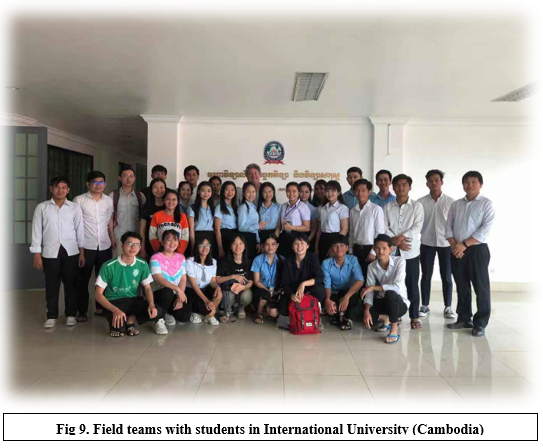1. Field Trip
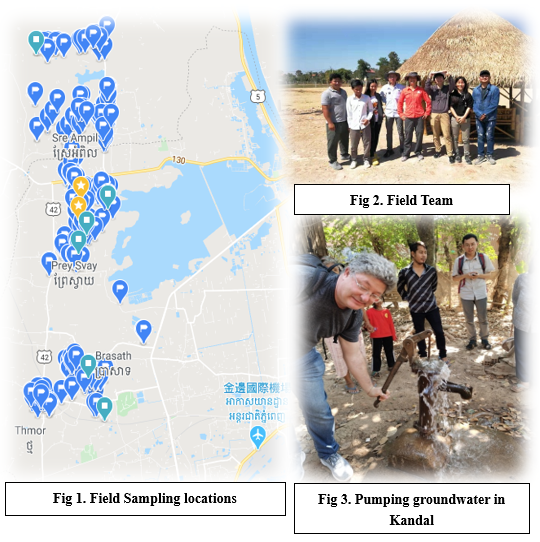
From January 4th to 19th, 2020, Prof. Yan Zheng of Southern University of Science and Technology (SUSTech), led a research team and conducted the second large-scale field expedition & sampling fieldwork in Cambodia. Cooperated with local scientists of the International University (IU) of Cambodia, the research team conducted a series of fieldwork based on the data collected from the first expedition in 2019. 4 regions with different levels of rice arsenic exposure were investigated. A questionnaire survey was built with information collected from 100 households, while drinking water, paddy soil and rice were collected from these households. The team members also included Prof. Benjamin C. Bostick from Columbia University, Ph.D. and undergraduate students from SUSTech, and local students from IU.
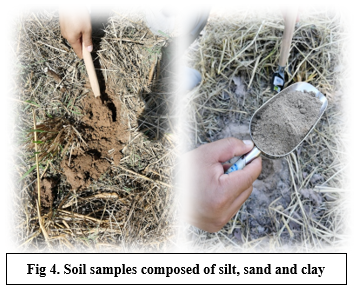
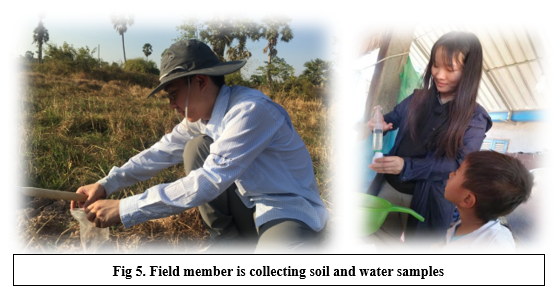
Samples collected from the households including drinking water (N=128), rice harvested (N=104), paddy soil (N=200). The samples will be analyzed by researchers of SUSTech and Columbia University, respectively and cooperatively. The survey also collected 100 valid questionnaires, withdetailed records of the households’ basic information, economic situation, health habits, water-consumption habits, rice cultivation and dietary habits, etc. Questions on personal health habits were added to the questionnaire in order to provide infomation basis for future collection of human body samples. The survey indicated that 99% of the households used rainwater as irrigation water source. All residents interviewed during the survey consumed rice harvested from their own paddy field, while 82% of the households consumed no other rice than their own. Given the fact that the respondents consumed, on average, 1.6 Kg of rice per day, and previous analysis results were that the rice contained 50 to 378ug/Kg of arsenic, it can be estimated that a local resident was exposed to 80 to 604.8ug of arsenic daily.
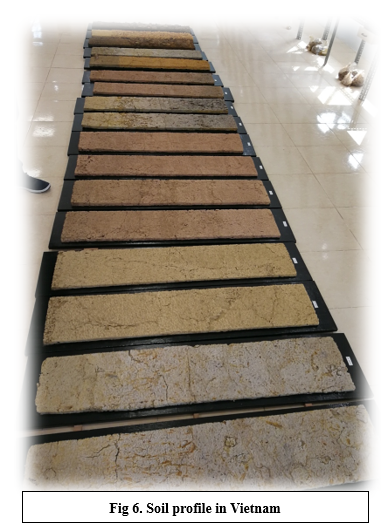
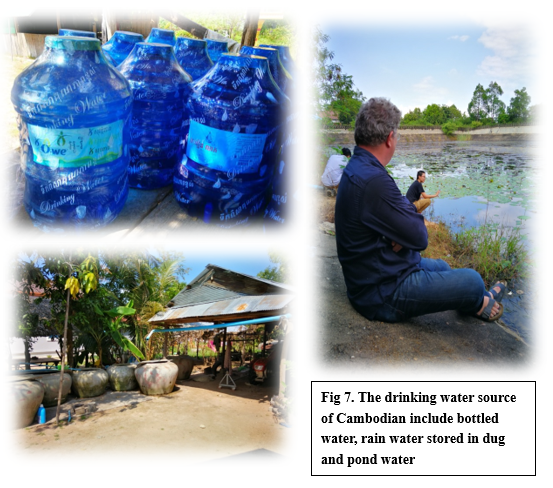
2. International Cooperation
During their stay in Cambodia, the backbone of the project and the International University (Cambodia) further deepened cooperation. It is proposed to introduce five Cambodian experts who have expertise in environmental analysis, health exposure assessment, microbes, etc., to apply for the Belt and Road foreign special projects and visit Southern Technology The university. Among them, Cambodian Professor Kongkea Phan (Dean of the Institute of Technology, International University) is an expert on arsenic exposure in Cambodia, and has published a series of representative papers to lead the Cambodian team. The visit of Cambodian experts will help the two sides to cooperate to solve the rice arsenic problem and increase rice yield both in Cambodia and China. At the same time, Cambodian experts will seek opportunities to establish wider contacts with Chinese scientists and researchers, with a view to continuing in-depth cooperative research on rice quality in Cambodia such as arsenic-rich and zinc-deficient. On the other hand, during her stay in Vietnam, the backbone of the project was invited to visit the Soil and Fertilizer Research Institute of the Ministry of Agriculture and the National University of Vietnam. Prof. Yan Zheng did a presentation titled “Water-Soil-Rice-Human As system”, discussed the possible cooperation mechanism based on the Belt and Road projects.
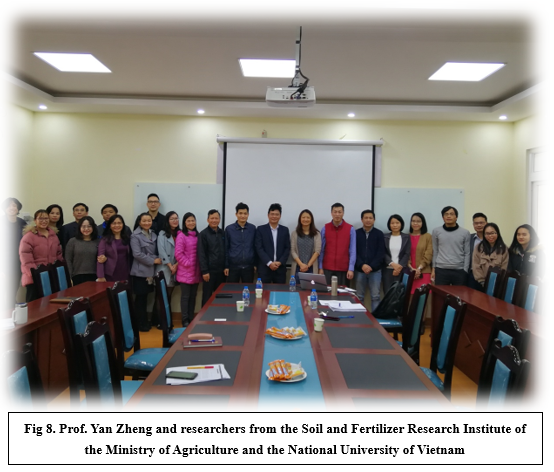
This trip to Cambodia also promoted the development of international education in schools. The sampling work was completed by two doctoral students, one undergraduate student in the project backbone group, one Cambodian international student at SUSTech, and four undergraduate students of Cambodia International University. Opportunities for scientific research internships, focusing on cultivating students' field practical ability to collect, acquire, analyze, and solve problems, which strongly reflects the practical characteristics of the education and teaching of environmental science and engineering majors of the University of Science and Technology of China. At the same time, the group plans to recruit Cambodian students to participate in scientific research internships at SUSTech to promote the school's goal of training international creative talents.
